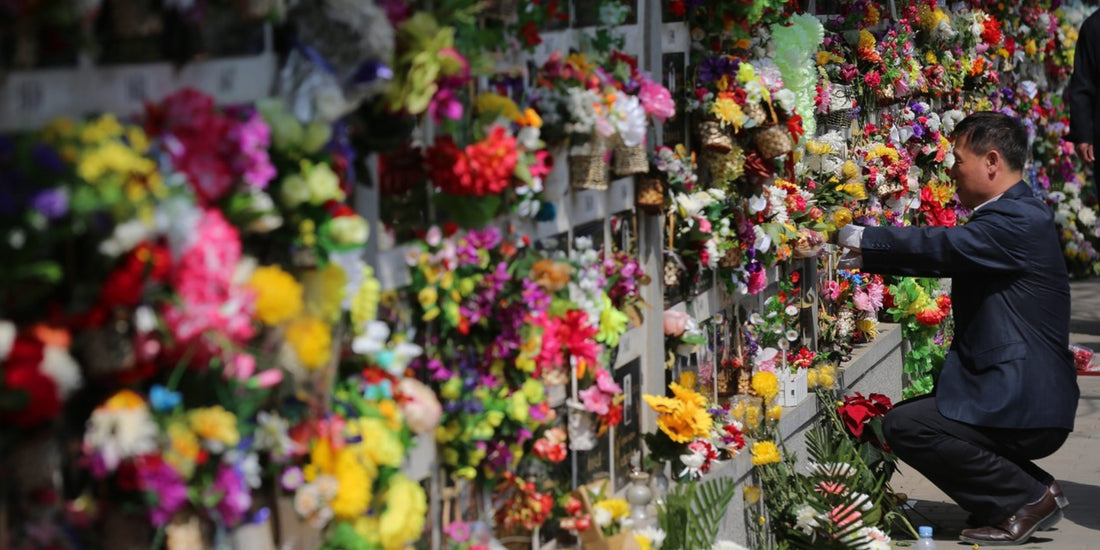The Qingming Festival, also often referred to as Tomb Sweeping Day, is an annual Chinese festival that is celebrated to honor the memory of the deceased. It is a time for families to come together to pay their respects to their ancestors by visiting their graves and cleaning them. This festival is held on the 104th day following the winter solstice, which falls between April 4th and 6th of the Gregorian calendar. The festival has been celebrated for over 2,500 years and is one of the most important traditional events in China.
History Of The Qingming Festival
The origins of the Qingming Festival can be traced back to the Zhou dynasty (1046-256 BC), when the Chinese people used to worship their ancestors and offer them food, drinks, and other offerings. During this time, the Chinese people believed that their ancestors' spirits returned to the earth to check on their descendants and that it was essential to making sure their graves were well taken care of.
Over the centuries, the festival evolved and became a more structured event, with different rituals and traditions being added. Finally, during the Tang dynasty (618-907 AD), the festival was officially recognized as a national holiday and became a time for people to pay their respects to the dead and remember their ancestors.
Rituals And Traditions Of The Qingming Festival
The Qingming Festival is a time for families to come together and remember their ancestors. During this time, families visit the graves of their loved ones, clean and decorate them with fresh flowers and other offerings. Some families also offer food, incense, and paper money to their ancestors, as a way of wishing them a peaceful afterlife.
One of the most important traditions of the Qingming Festival is the burning of Joss Paper. Joss paper is a type of paper that is used as a symbol of money and other offerings. It is believed that burning Joss Paper will help the deceased to have a better afterlife and provide them with the resources they need to be comfortable.
Another tradition of the Qingming Festival is the eating of Qingtuan. Qingtuan is a type of dumpling that is made from glutinous rice and is filled with sweet and savory fillings. It is believed that eating Qingtuan during the festival will bring good luck and fortune to the family.
The festival is also a time for families to come together and have a picnic in the countryside. Many families choose to visit the graves of their ancestors and then have a picnic, which is seen as a way of bringing happiness to the spirits of their ancestors.
The Significance Of The Qingming Festival
The Qingming Festival is a time for families to come together and pay their respects to their ancestors. This festival is seen as a way of preserving the memory of the deceased and keeping the family's history alive.
The festival is also a time for people to reflect on the cycle of life and death and to appreciate the love and support that their ancestors have given them. By visiting the graves of their ancestors, people are reminded of the sacrifices their ancestors made for them, and they are given the opportunity to show their gratitude.
The festival is also seen as a way of promoting unity and solidarity among family members. By coming together to remember their ancestors, families are able to strengthen their bonds and create a sense of belonging.
The Qingming Festival is an important Chinese tradition that is celebrated every year to honor the memory of the deceased. This festival is a time for families to come together and pay their respects to their ancestors, and it is a time for people to reflect on the cycle of life and death.

![Upgrade to Premium Weight [18-gauge steel]](http://titancasket.com/cdn/shop/products/casketthicknesswithnumbers.png?v=1680642906&width=533)



